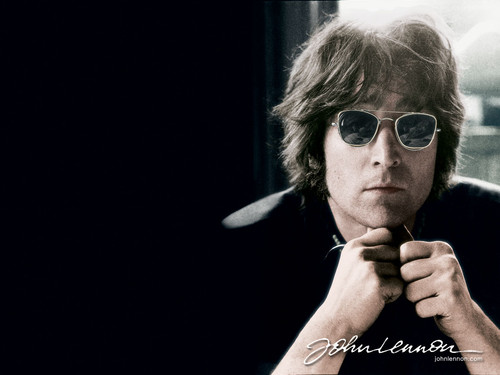I’ve touched before on the topic of the Trinity. I argued that, contrary to many Western Christians’ assumptions, doctrine, rather than being irrelevant, should undergird and support the “practices” of Christians. When I speak of doctrine there, I mainly have the Trinity in mind. I have definitely made it a discussion topic in classes taught at church. In those contexts, I have argued that it is essential and foundational to Christian thinking, living, and reading of Scripture. This expression goes against the grain of liberal and fundamentalist thinking. And I’m O.K. with that.
Over the last few days, I’ve felt like I’m going to burst as I’ve watched The United Methodist Church (UMC) move toward a schism that probably should have happened decades ago. There are major, irreconcilable differences among groups within that denomination. In case you aren’t aware, here’s what’s going on: the official legislative body for the denomination just wrapped up a meeting that was designed to address how the denomination will view and handle matters of human sexuality, going forward. In particular, the topic was the cultural hot-button issue — homosexuality.
In my assessment, the real issue isn’t what’s being debated, though. A much more fundamental issue in that denomination is determining how they go about speaking truthfully and faithfully about God. I remember my surprise and exasperation when I would find myself in a room of United Methodist clergy and discover that a good number of them didn’t affirm the literal resurrection, Christ’s divinity, or the Trinity. What the…? If they did speak about the Trinity, they might use it as a metaphor for speaking about an unknowable God.
Here’s an example. It’s an arrogant, pedantic article entitled, “There Is No Such Thing as the Trinity: It’s a Human Idea That Tries to Control God,” written by a pastor named Richard Lowell Bryant. In this ridiculous article, he spouts off some of the thoughts that first-year theology students encounter. Much like someone who watches the latest documentary on Netflix on which diet is “right” and is now an unofficial expert on matters of health, he proudly comes back to shatter hopes and dreams by telling people they have it all wrong and he has the answer. The problem is, he has entirely misconstrued every single detail. Then, the cherry on top, is that he ends by calling “love” — whatever he might mean by that — a doctrine, and insinuates that it is a holier doctrine, one that Jesus held. The only person who held the doctrine of love was John Lennon.

Refreshingly, I read today an article by Fred Sanders, entitled, “How the Trinity Changes Everything.” You can access it for free here. In this article, he considers how the Trinity is not a riddle to be solved, but rather itself the revelation of God and the understanding of salvation. The Trinity is, in both the Bible and throughout the history of the church, the framework for understanding life and salvation. There are other ways to reflect on life, but this is the Christian way. The goal is not to try to speak exclusively, as if Christians have all the answers. Rather, it is to speak knowingly and truthfully, from a Christian perspective. It’s a simple doctrine, even though it’s not always easy.
This brings me back to Richard Lowell Bryant and his ilk. What’s really happened in segments of the UMC is that they have exchanged the Trinity for something more culturally palatable — some squishy, vague notion of “love,” perhaps. In so doing, they have cut off their own legs, so to speak. This vision of Christianity is utterly incompatible with one that upholds the traditional understanding of who God is. In fact, this alternative isn’t Christianity at all; it’s either Gnosticism or agnosticism.
I would argue that if the denomination wishes to have a healthy future as a Christian denomination, then the real issue would be to educate its clergy on the dynamics of true, faithful Christian theology.
Thanks for commenting on this issue. I’ve been struggling with how I’ve felt about it as well and I think you stated perfectly that there is a bigger issue at hand within the church.
Thanks for reading and commenting. Yes, it’s a hard moment to navigate, no matter what.
My friend you nailed it. I am a Catholic Convert and former United Methodist canidate for ministry. Got within 2 months of ordination. But I have been following this whole thing closely and I so agree with you. The Trinity is the source of how we understand everything. I have felt the same way, that the progressive view is diluting The Christian faith and therefore diluting the meaning of what it means to be made in the image of God, namely our call to participate in the divne life of the Trinity. That’s what Christ came, to restore that relationship. When you quote “the Trinity is not a riddle to be solved, but rather itself the revelation of God and the understanding of salvation” that puts everything in perspective. Therefore this whole debate is much more than an argument of scriptural proof texts, for me obviously as. Catholic it ties in the centuries old faith of scripture and tradition. Thanks for the post.
Thanks for commenting! Indeed. Thanks for reading and sharing!